Meaning and Universal Grammar. Theory and empirical findings. Volume 1
This book develops a bold new approach to universal grammar, based on research findings of the natural semantic metalanguage (NSM) program. The key idea is that universal grammar is constituted by the inherent grammatical properties of some 60 empirically established semantic primes, which appear to have concrete exponents in all languages. For six typologically divergent languages (Mangaaba-Mbula, Mandarin Chinese, Lao, Malay, Spanish and Polish), contributors identify exponents of the primes and work through a substantial set of hypotheses about their combinatorics, valency properties, complementation options, etc. Each study can also be read as a semantically-based typological profile. Four theoretical chapters by the editors describe the NSM approach and its application to grammatical typology. As a study of empirical universals in grammar, this book is unique for its rigorous semantic orientation, its methodological consistency, and its wealth of cross-linguistic detail.
{{comment.content}}
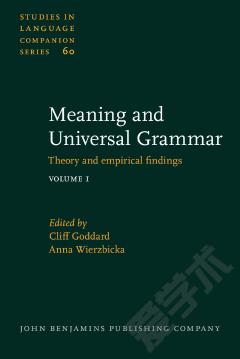
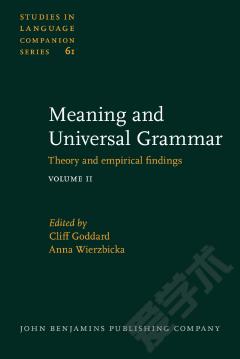
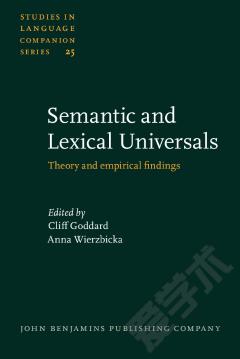
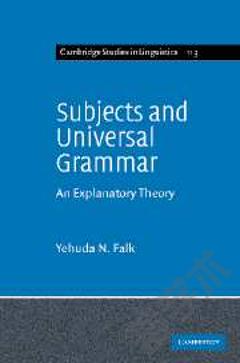

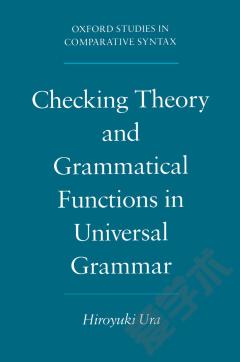
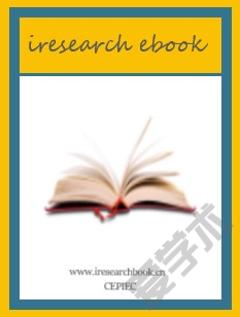

 京公网安备 11010802027623号
京公网安备 11010802027623号